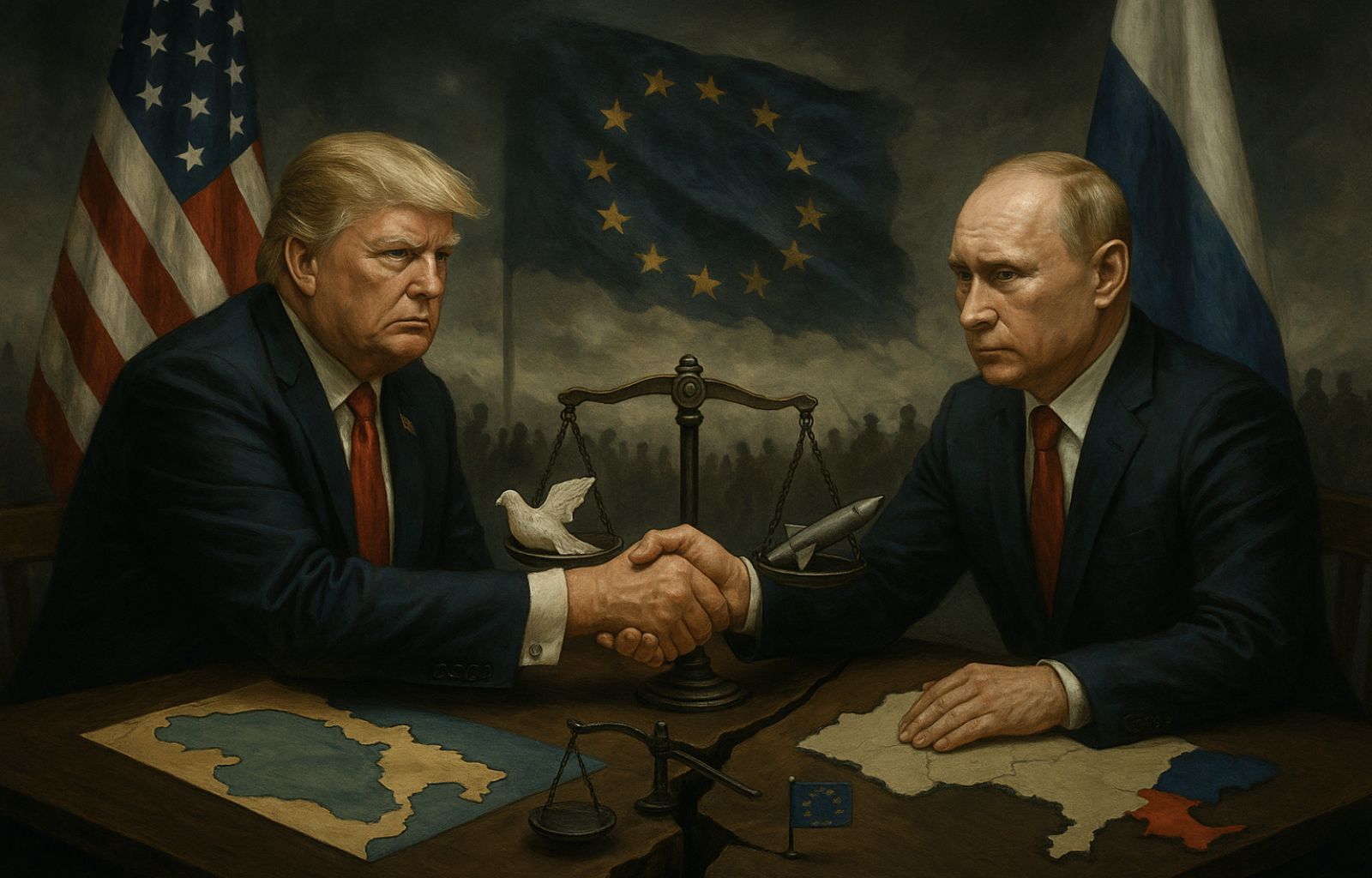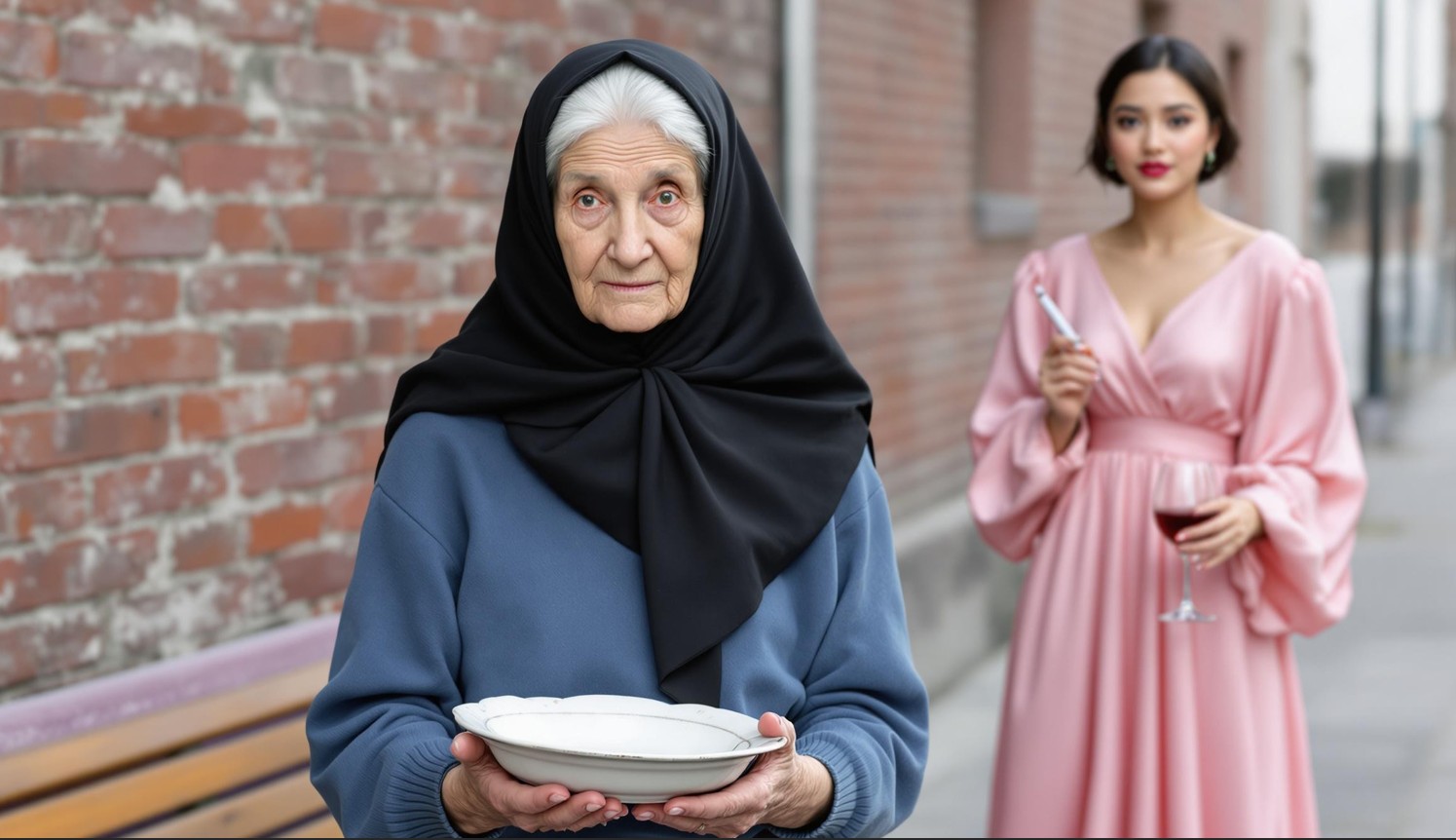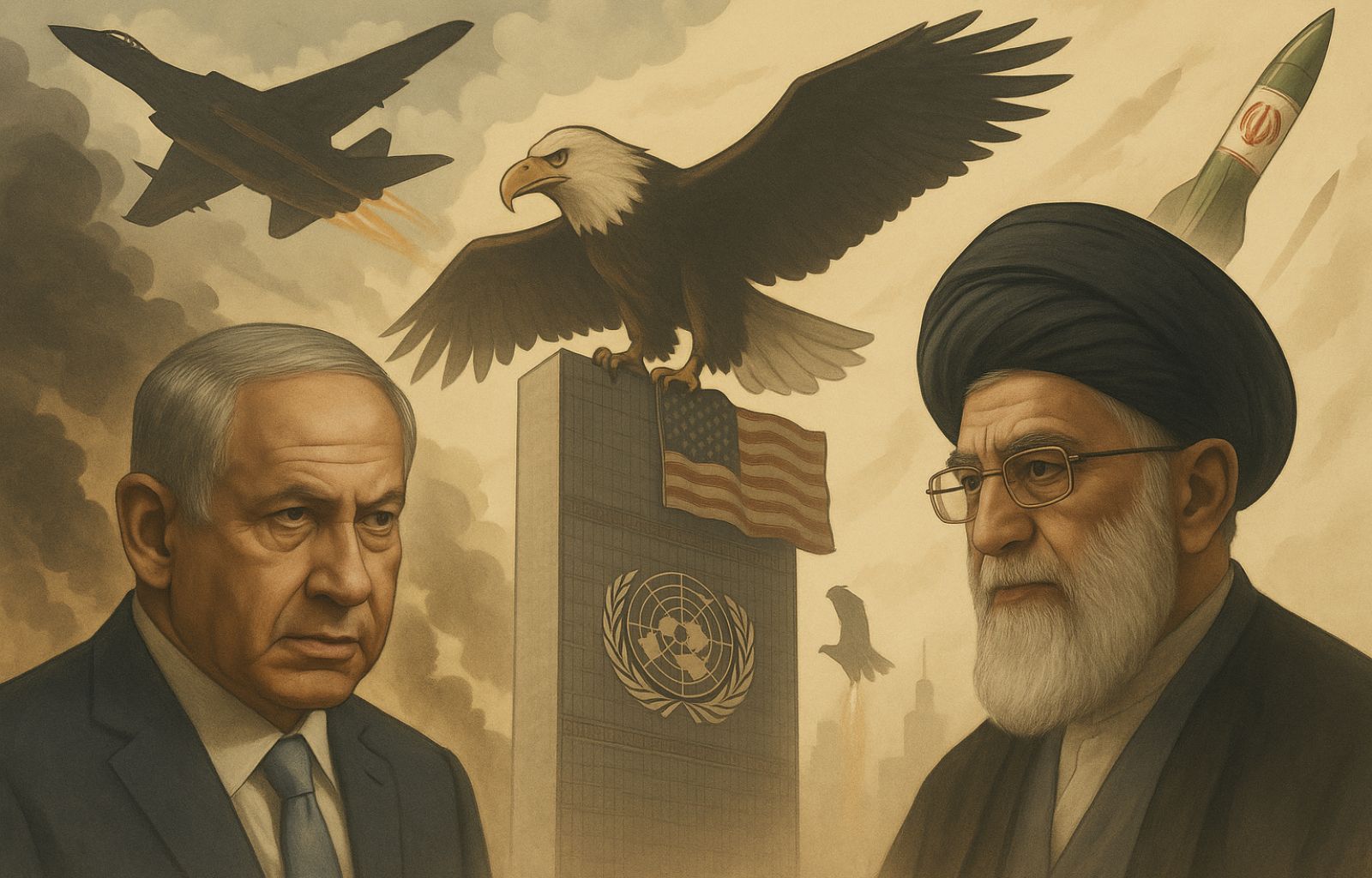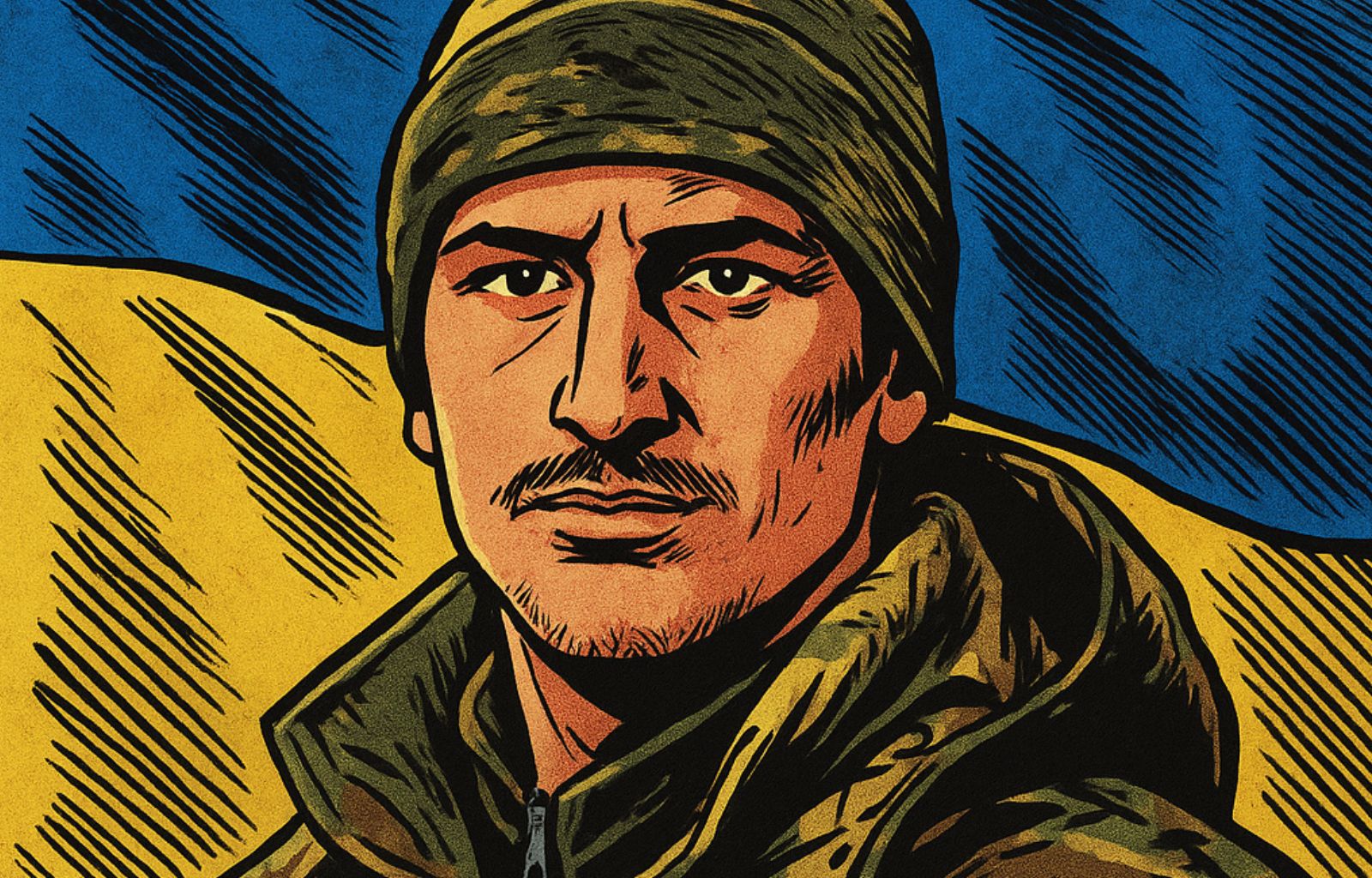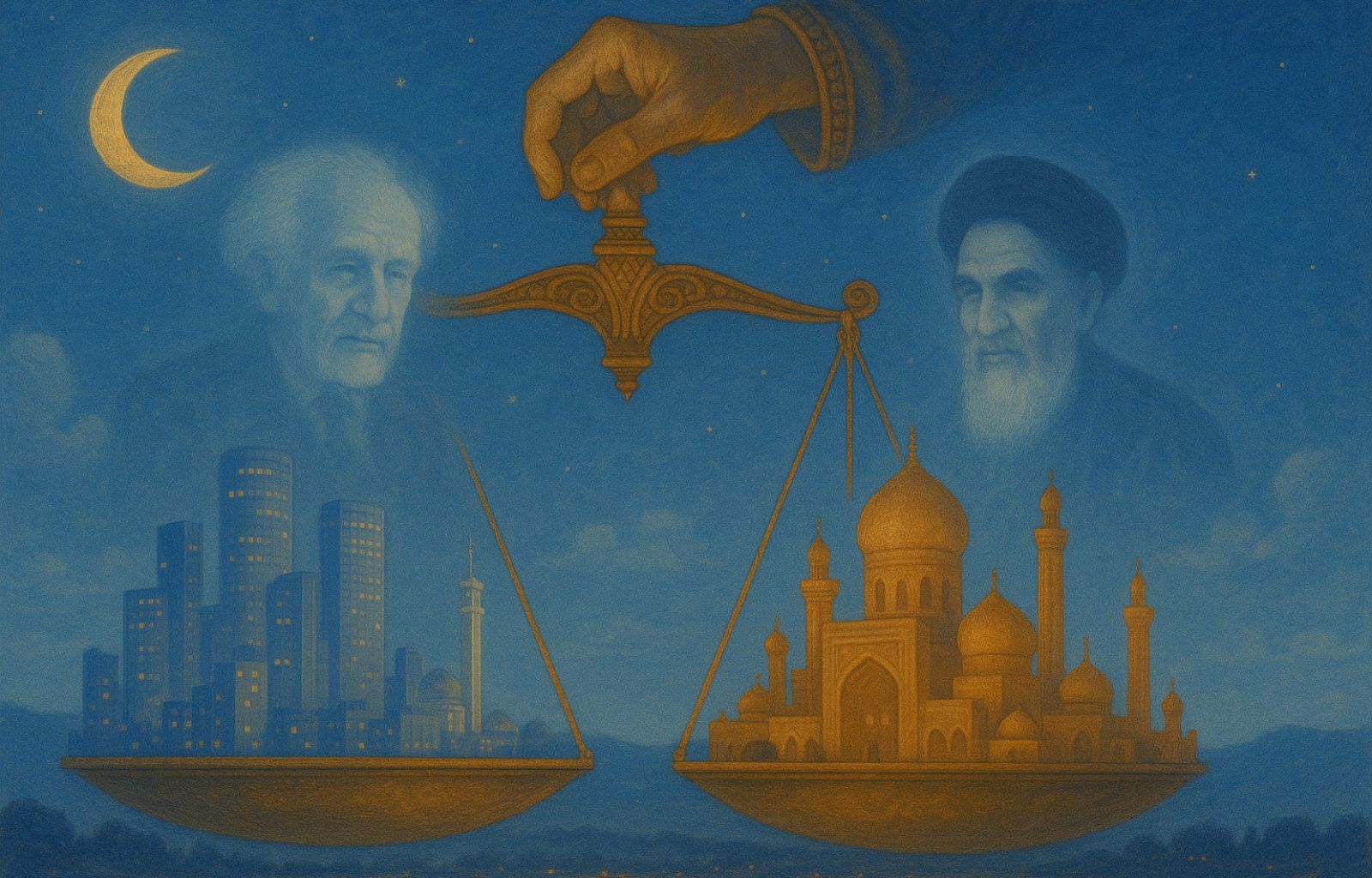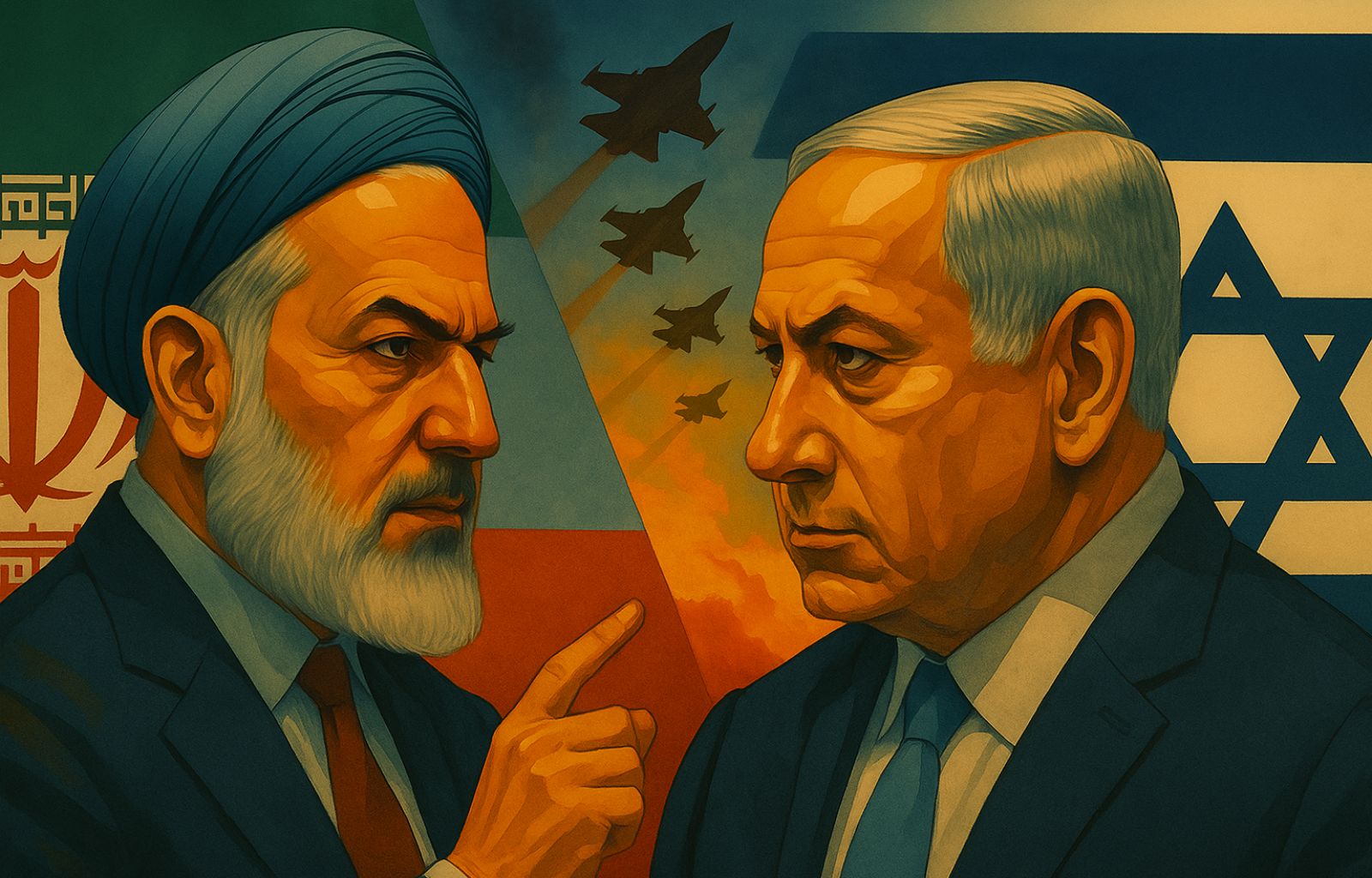The story of Danylo Yefimov, 19-year-old Ukrainian detained and tortured in a Russian prison
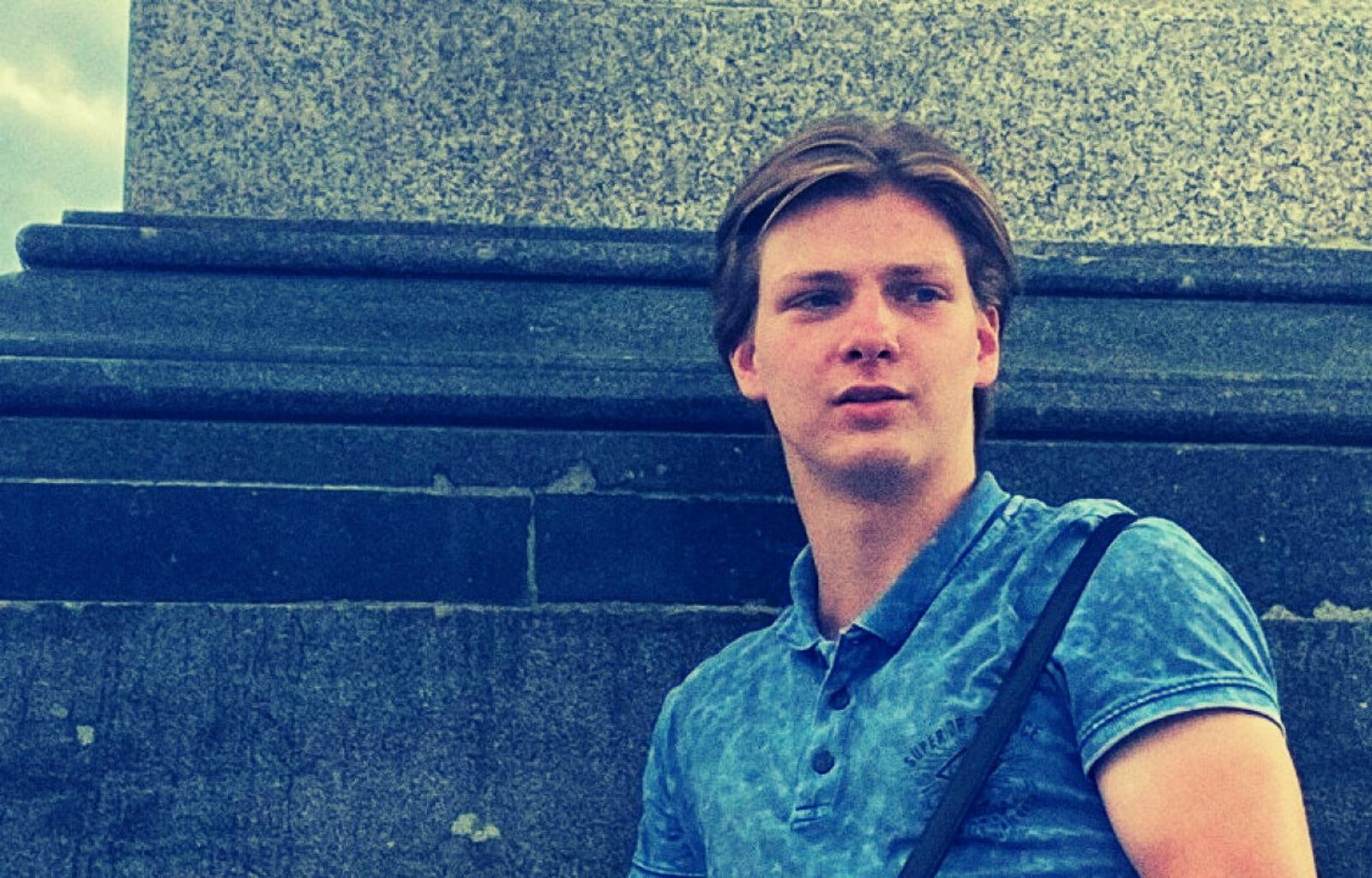
The case of Danylo Yefimov, a 19-year-old from the mining town of Snizhne, in the Donetsk region, and now imprisoned in a Russian maximum-security penal colony, is emblematic of the human rights violations perpetrated by Russia against Ukrainian citizens, but it is above all the story of a young European who deserves to be known and disseminated. Anyone who talks about ‘dialogue’ with Moscow, often instrumentally, should first of all keep in mind stories like the one we are about to tell you.
Danylo’s crime? A series of donations totalling 5,200 hryvnias (around €130) to Serhiy Prytula‘s fund (with which both the army and Ukrainian society are supported) was enough to sentence the young man to 12 years’ imprisonment, followed by a further year of restricted freedom.
A childhood interrupted by war
Danylo and his family lived in Snizhne, a mining town occupied by the Russians since 2014. After the outbreak of hostilities, they had briefly moved out of the Donetsk region, but returned when the situation seemed seemingly calmer. Raised with a passion for Greco-Roman wrestling, Danylo had had to give up the sport due to injury and the war, devoting himself instead to drawing, poetry and woodcarving. Despite family pressure to acquire Russian citizenship, the young man had maintained his pro-Ukrainian convictions.
After the full-scale Russian invasion in 2022, Danylo had started using Ukrainian to communicate with friends and family, a kind of cultural resistance to the occupation. He had graduated from a distance school in an area controlled by the Ukrainian government and dreamed of enrolling at the Taras Shevchenko University in Kyiv in 2024, but at the urging of his father, he had in the meantime agreed to temporarily attend the Southern Federal University in Rostov, on Russian territory.
The arrest
In December 2023, Danylo, accompanied by his father and girlfriend, had planned to fly to Istanbul to visit his brother Kyrylo in Turkey. During the trip, he had decided to use his Ukrainian passport as a matter of principle, refusing to present his Russian one. The gesture was enough to trigger his detention at the Volgograd airport.
“As soon as I showed my documents, they took me in for interrogation. They ripped the phone out of my hands and I realised who these people are and what they are capable of doing,” Danylo wrote in a letter from prison. That day at the airport, the security forces found traces of the donations on the phone and began questioning him. The young man initially tries not to answer, but eventually confesses under duress.
Meanwhile, the father and the fiancée remain in Volgograd, looking for a lawyer who turns out to be totally unreliable. The fiancée herself is forced to undergo further interrogation, during which the Russian authorities attempt to extract testimony.
Detention and torture
Danylo is then transferred to the pre-trial detention centre in Volgograd, where he is forced to sleep on the floor due to lack of space. There are 16 of them in one room, too many for the available beds: some can sleep at night, others take turns sleeping during the day. He is then moved to complete isolation, to a basement with no natural light, walls covered in mould and frequent flooding caused by broken pipes.
Danylo’s accounts highlight brutal treatment: a cellmate is severely beaten for singing Ukrainian songs, and Danylo is forced to shout ‘Glory to Russia’ in front of a portrait of Vladimir Putin. Every day he is strangled with a plastic bag, beaten and forced to learn the Russian national anthem.
During the initial phantom ‘investigation’, faced with a refusal to sign a confession, he was threatened by a man who introduced himself as a member of the Wagner group. “The dialogue began with blows, insults and threats to take me into the woods, where I would sign whatever they wanted,” the young man writes.
The mock trial and the thousands of similar situations
In July 2024, the court in the Rostov region convicted Danylo of high treason. During the trial, a fellow dormitory student and a university editor accused him of spreading anti-Russian sentiments and criticising Putin. The verdict cites alleged statements by Danylo that he was influenced by reading Ukrainian propaganda about Russian crimes and testimonies of relatives in Ukrainian-controlled territories.
According to Yelyzaveta Sokurenko of the ZMINA Human Rights Centre, Danylo’s case is just one of many in which Russia fabricates treason charges to target Ukrainian citizens. Since 2022, cases of alleged collaboration with the Ukrainian Armed Forces, espionage and terrorism have increased rapidly, exceeding 5,000 by the end of 2024. The accusations are often based on confessions extracted through torture, threats and strong psychological pressure.
Since 2022, only 168 illegally detained Ukrainian civilians have been returned through prisoner exchanges. However, according to Oleg Slobodyanyk, there are over 14,000 civilians in Russian captivity, of which only 1,300 have been officially identified.
There can be no peace without the return home of the many Danylo
In his letters, Danylo expresses resilience and hope, despite the suffering. “This situation has changed me a lot. The most important thing is to remain human. Yes, in the beginning I left everything in the hands of the lawyer, but if I had been braver from the beginning, would I be here writing these words? I don’t know,’ he reflects.
There can be no peace if it is not just and does not first and foremost result in the return home and freedom of the many Danylo imprisoned by Putin’s monstrous regime.





